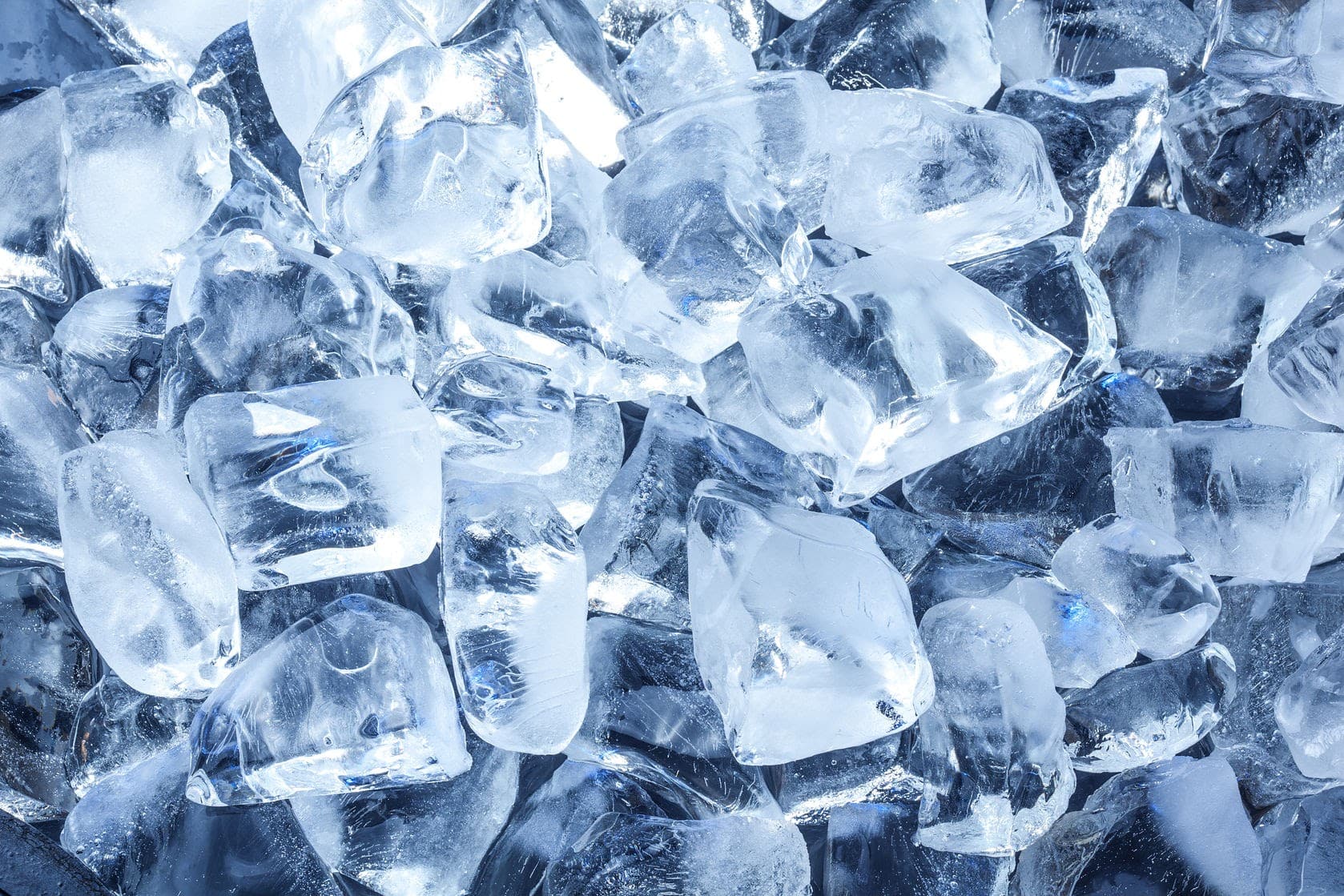
During the hot months, most households run the air conditioner more often. Sometimes, you might notice some ice buildup on the outer parts of the unit. This comes as a surprise to many since it’s hard to imagine that the equipment meant to keep the house cool during scorching months can freeze.
When an AC unit freezes up, it limits airflow, so your home no longer cools as expected. Therefore, you need to know the root cause of this problem to fix it early enough and minimize any inconvenience. Some of the possible reasons why your air conditioner freezes up include the following.
1. Insufficient Airflow
Ideally, an AC unit works by drawing hot air from the house and blowing it over a cold evaporator coil. The refrigerant will then absorb heat and moisture from the indoor air. When in contact with heat, the water vapor turns into condensation. If anything blocks the warm indoor air from flowing over the coils, there will not be enough heat to prevent the moisture on the coils from turning into ice.
One main reason for restricted airflow is a clogged air filter. The filter traps dirt, dust, pollen, and other contaminants from the air circulating in your house. With time, it clogs, limiting airflow. If you have a washable filter, clean it at least once or twice a month. For the replaceable models, change the filter often, preferably after three months. However, if you reside in dusty regions or you have a shedding pet, it’s a good idea that you change the filters monthly.
When you neglect the air filters, the dust can land on the evaporator coils and fins, forming a clog. This is a delicate component and best handled by a professional. Contact your technician to take down the entire evaporator for cleaning.
A blocked vent can also limit airflow into your unit. Ducts create a path for conditioned air to move through your house and also removes hot air. When blocked, the ductwork can prevent sufficient airflow in the AC unit, causing the coils to freeze up since they lack enough warm air to keep them at optimum temperature. Keep your ducts clear from obstructions.
2. Low Refrigerant Level
The refrigerant’s primary role is to absorb heat from the indoor air. Then, it changes from a gaseous state into a high-pressure liquid and flows to the exterior components. Colder outdoor air blows over the coils, causing heat to flow out since it travels from warmer to cooler areas. The compressor will then turn the refrigerant into a gas, and the cycle continues.
If the refrigerant level is too low, there will be less heat transfer, which causes the coils to freeze up. The refrigerant will expand too much, causing a cooling effect on the evaporator coils. As a result, the moisture from the indoor air will freeze when it comes into contact with the coils.
If you notice ice buildup on the outside compartment of your AC unit, it signifies a refrigerant leak. This happens when various parts of the air conditioner continually rub together, vibrate, or if the fittings become loose. Note that prolonged exposure to the refrigerant is hazardous, so you need to call a professional immediately. The technician will fix the leak and refill the refrigerant to restore the normal functioning of your cooling system.
3. Wrong Thermostat Settings
The thermostat communicates your house’s cooling needs to the AC unit. When faulty, it can signal the air conditioner to run for a more extended period or blow in cooler air than required. The cooling system will then overcool your house to the point that the unit can no longer extract indoor heat, so the coils begin to ice up. Check to ensure that the thermostat isn’t set too low, and if you must run the AC unit for more extended periods, upgrade to a programmable thermostat so that you can schedule it to run at intervals.
4. You Have a Defective Blower
A blower fan draws hot air from a room into the ductwork and blows conditioned air back into the house. When the motor breaks down, it affects the heat exchange process. This causes the evaporator coil to become too cold, and ice can form. One main indication that your blower motor has malfunctioned is when the outside portion of your unit seems to be running, but the indoor system doesn’t seem to work at all.
5. You Have an Oversized AC
If the AC unit is too big for your house, it quickly cools the rooms and shuts off. The system will keep turning on and off frequently, and these short cycles prevent good air circulation. The moist air will then condense on the coils and freeze up. Have a professional determine the correct AC unit size for your house considering the square footage, climate in your region, house occupants, and insulation level.
6. There’s a Problem With the Compressor
Once the refrigerant leaves the compressor, it should be heated and pressurized. If the compressor fails to pump the refrigerant adequately, it might not raise the coils to the optimum temperature. The coils will thus stay continuously cold and eventually begin to freeze. Unfortunately, your only option for a faulty compressor could be a replacement. In some cases, you might even have to replace the entire unit. Reach out to your technician to assess the situation and determine the best possible course of action.
7. Low Outdoor Temperature
An air conditioner should operate at a specific optimum temperature range. Summer nights that are colder than the threshold can account for the AC unit freezing up. When the house is too warm but it’s chilly outside, the pressure inside of the air conditioner drops, causing the unit to get so cold that it freezes the moisture in the indoor air.
Install a programmable thermostat and set it to shut down the AC unit when the outdoor temperature gets too low. If you want to cool the house on such nights, it’s a good idea that you open the windows to let in the cool summer breeze instead of running the air conditioning system.
8. Blocked Condensate Line
Once the refrigerant absorbs heat and moisture from the indoor air, the excess condensation usually drains into a condensate pan. If there’s a blockage in the drain system, water will begin to gather inside the AC unit. The system will continue to extract heat from the water, and with time, it forms ice. Routinely check your air conditioner’s drain system for clogs.
Summing Up
Although AC freezing is a common and frustrating issue, you can prevent it with some basic maintenance and regular tune-ups. If you spot the freezing problem early enough and identify the cause, you can fix it independently. However, if the freezing problem occurs due to significant components like the compressor and evaporator coils, seek assistance from an experienced technician. Once you schedule regular maintenance, a professional will perform a comprehensive inspection of your unit to troubleshoot any problems and fix them before they escalate into significant issues.
Should you need professional help, you can always reach out to McGowan's Heating & Air Conditioning. We deal with AC and heating installation, repair, and maintenance services in Jacksonville, FL, and the surrounding regions. Our company also provides attic insulation, mini-splits, air duct cleaning, and indoor air quality services. Call us today, book an appointment, and enjoy our exceptional services.



